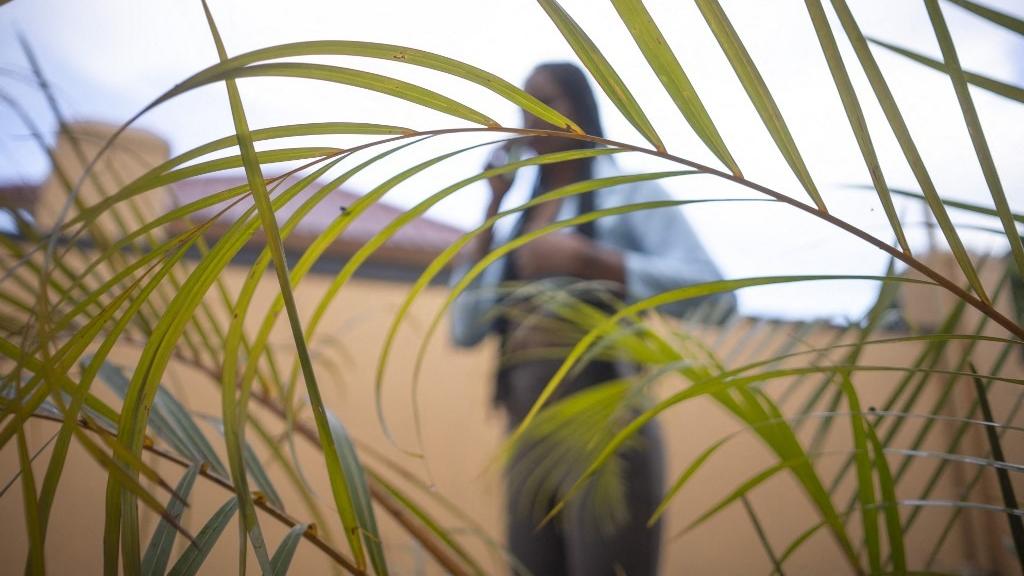 This March 30, 2023 photo shows a Ugandan transgender woman who has not been able to return to her home after being attacked in February and stays at her friend’s home in the Ugandan capital, Kampala. (PHOTO / AFP)
This March 30, 2023 photo shows a Ugandan transgender woman who has not been able to return to her home after being attacked in February and stays at her friend’s home in the Ugandan capital, Kampala. (PHOTO / AFP)
KAMPALA - Ugandan President Yoweri Museveni has signed one of the world's harshest anti-LGBTQ laws, his spokesperson said on Monday.
Same-sex relations were already illegal in Uganda, as they are in more than 30 African countries, but the new law imposes the death penalty for so-called aggravated homosexuality, which includes having gay sex when HIV-positive, and a 20-year sentence for "promoting" homosexuality.
Authorities have acknowledged that Uganda, which receives billions of dollars in foreign aid each year, could face sanctions over the legislation
Museveni's signing of the bill was first announced by parliament speaker Anita Among on Twitter.
READ MORE: Uganda parliament passes harsh anti-LGBTQ bill
"If the speaker has announced, then that's true he has signed," Museveni's spokesperson Faruk Kirunda told Reuters.
Authorities have acknowledged that Uganda, which receives billions of dollars in foreign aid each year, could face sanctions over the legislation.
When Museveni signed a less restrictive anti-LGBTQ law in 2014, Western governments suspended some aid, imposed visa restrictions and curtailed security cooperation. That law was nullified within months by a domestic court on procedural grounds.
Museveni and other political leaders have urged lawmakers to resist outside pressure.
"With a lot of humility, I thank my colleagues the Members of Parliament for withstanding all the pressure from bullies and doomsday conspiracy theorists in the interest of our country," parliament speaker Among said in her statement.
READ MORE: Gabon lawmakers vote to decriminalize homosexuality
Museveni had sent the original bill, which parliament passed in March, back to lawmakers, asking that they tone down certain provisions.
On May 2, parliament passed a revised bill that made minor amendments while leaving most of the original legislation intact.
The amended version stipulated that merely identifying as lesbian, gay, bisexual, transgender and queer people (LGBTQ) is not a crime and revised a measure that obliged people to report homosexual activity to only require reporting when a child is involved.


